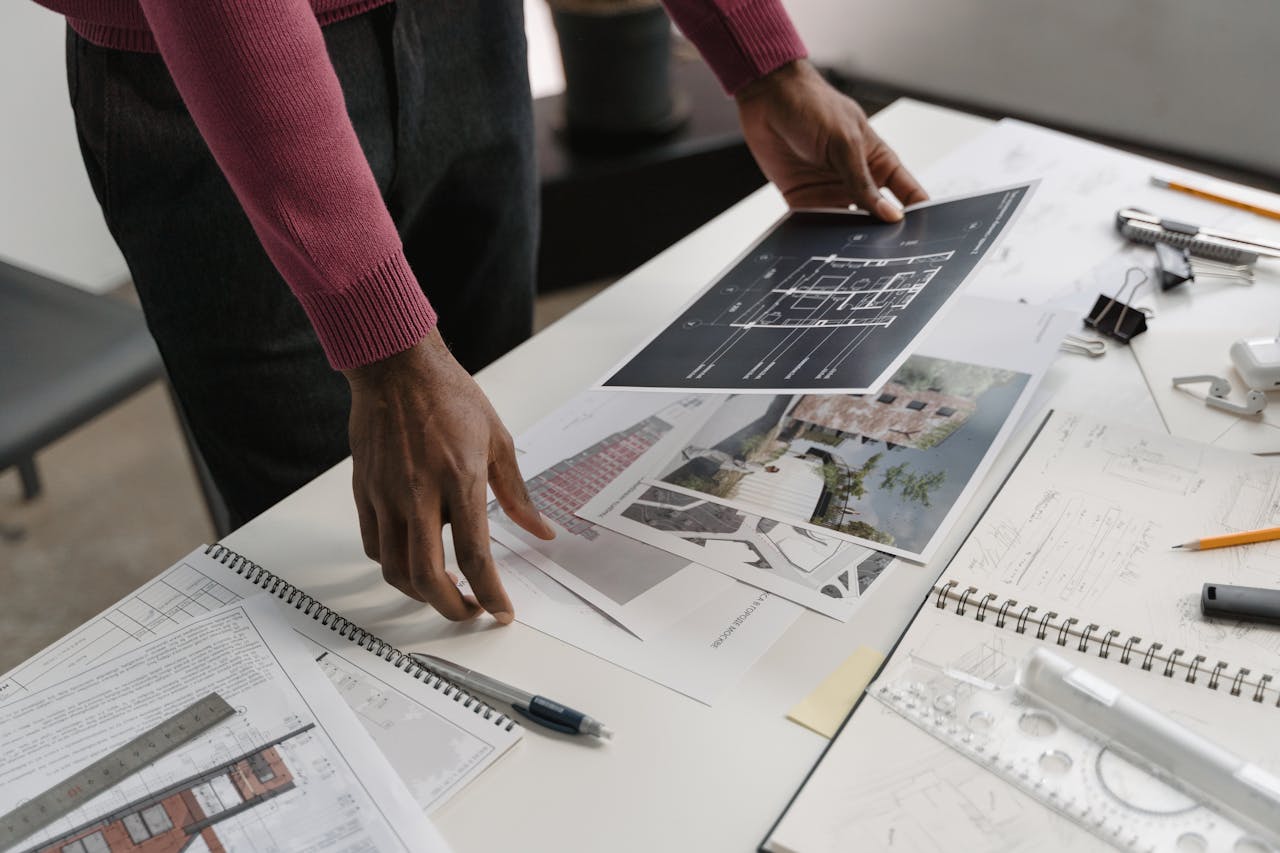How to Choose the Right Architectural Expert in Gauteng for Residential Projects
Building or remodelling a home is one of those projects that demands careful planning, thoughtful decisions, and the right professional guidance. Many homeowners begin by looking into architects Johannesburg because they want someone who understands both the creative and practical aspects of residential design. Starting with the right partner helps you avoid unnecessary stress and ensures a more enjoyable building experience.
With so many firms and independent professionals available, narrowing down your choices can feel overwhelming. Some specialise in modern lines, others excel at classic suburban layouts, and many Gauteng architects focus on environmentally conscious design. The challenge lies in determining who can translate your lifestyle needs into a home that feels comfortable, functional, and uniquely yours.
Before you begin reviewing portfolios or scheduling consultations, it helps to understand the specific qualities that make an architect a strong fit for residential work. This foundation allows you to make decisions with clarity rather than relying purely on visual appeal or reputation.
Assess Their Professional Background and Design Experience
Not all architects specialise in residential spaces. Homes require a distinct approach compared to commercial buildings, where the priority is often efficiency rather than comfort. You want someone who understands how families move through a home, how natural light affects mood, and how layout impacts daily routines.
A helpful way to evaluate experience is by looking for:
• projects similar to what you’re planning
• different home sizes and configurations
• creative uses of space on smaller stands
• design sensitivity to lifestyle rather than just aesthetics
A diverse but relevant portfolio is one of the clearest indicators of real-world capability.
Check Their Understanding of Local Regulations
Residential projects rely heavily on correct submissions, zoning considerations, and municipal approval processes. Someone familiar with these systems—especially in Gauteng—can save you weeks or even months of delays.
Look for an architect who:
• explains the approval timeline realistically
• has worked in your municipality before
• understands heritage constraints if applicable
• can assist in preparing documentation for submission
This local expertise becomes invaluable once you enter the planning and compliance phases.
Review Their Communication Style Early On
The relationship between architect and homeowner can last several months, sometimes over a year, which makes communication a key component of success. Good communication ensures fewer surprises and smoother collaboration.
Consider asking how they handle:
• design revisions
• progress updates
• client concerns
• unexpected project issues
A clear, responsive approach can prevent misunderstandings and help you stay confident throughout the project.
Evaluate Their Collaboration With Builders and Specialists
Residential construction is a team effort. Architects regularly interact with structural engineers, contractors, interior designers, and sometimes landscapers. The ability to collaborate productively influences the overall workflow and final quality.
During your selection process, you might ask whether they have preferred contractors or established partnerships. These relationships often result in smoother construction phases and more cohesive design execution.
Investigate Their Creativity and Problem-Solving Skills
Every building site presents challenges—slopes, sun orientation, limited space, or unusual stand shapes. An architect’s ability to solve these issues creatively can transform potential obstacles into standout features.
Signs of strong problem-solving ability include:
-
practical suggestions that improve functionality
-
clever ways to expand usable space
-
solutions that balance budget and design goals
-
innovative responses to environmental or structural limitations
An adaptable thinker can help bring your vision to life even under less-than-perfect conditions.
Discuss Their Time Management Strategy
Architects work in phases, and knowing what to expect from each stage helps you plan more effectively. A structured approach gives you predictability and reduces the stress of waiting without updates.
Some will provide:
• timelines for each design stage
• estimated submission periods
• coordination plans with contractors
• milestone targets for both design and construction
Clear time management reflects professionalism and helps keep your build on track.
Consider Their Budget Awareness and Cost Planning
Residential projects almost always evolve as clients refine their ideas. An experienced professional will help you balance ambition with budget reality. Before any drawings begin, you should feel confident that your architect respects financial boundaries.
Ask them how they:
• estimate costs early on
• account for material changes
• adjust designs to fit updated budgets
• monitor expenses during revisions
Good cost awareness makes the entire process smoother and more predictable.
Assess Whether Their Style Aligns With Yours
While a skilled professional can adapt to different looks, most architects have a natural design inclination. Some prefer contemporary minimalism, others lean toward warm, textured finishes, and some focus on organic, nature-inspired structures.
Choosing someone whose past work resonates with you helps the process feel more intuitive. This alignment often leads to better final results and fewer concept revisions.
Final Insight
Creating a home is a blend of imagination, technical skill, and clear partnership. When you take the time to evaluate experience, communication, style compatibility, and process transparency, selecting the right professional becomes much easier. With so many capable Gauteng architects available, the goal is to choose someone who supports your ideas, guides you through each stage, and enhances your vision. The right collaboration allows your home to take shape in a way that feels both exciting and deeply personal, giving you a space that truly reflects the way you want to live.

